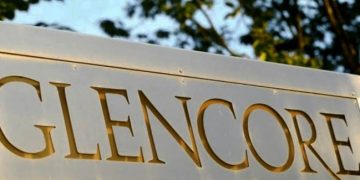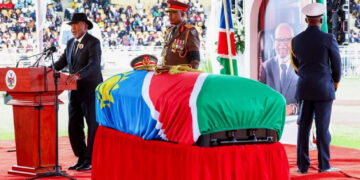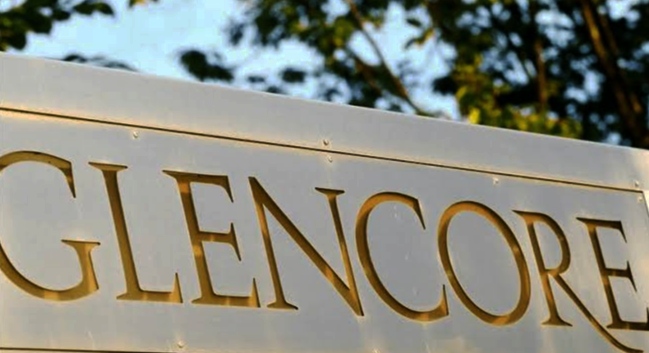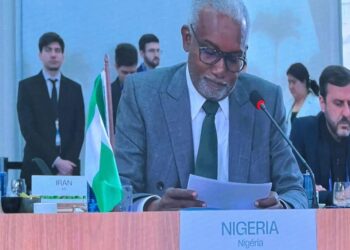By John Ikani
Staff of the British unit of commodity trader Glencore as well as middlemen conveyed cash by way of private jets to pay bribes to officials based in West Africa, UK prosecutors said at a London court on Wednesday.
Heritage Times [HT] had in May reported that the Switzerland-based company, founded by Marc Rich, admitted to seven counts of bribery across countries including Nigeria and Cameroon, following a Serious Fraud Office (SFO) investigation.
On the first day of a sentencing hearing yesterday, the SFO said Glencore paid more than $28 million in bribes to secure access to oil cargoes.
It marks the first time a corporate has been convicted for paying bribes, according to the SFO.
Detailing the company’s schemes, it said traders on Glencore’s crude oil desk in London disguised payments “to give the illusion that these payments were for legitimate services”.
The SFO also explained how the company used a cash desk in its Swiss headquarters and private jets in Africa to courier illicit payments across West Africa to pay state officials bribes.
Using sham payments to an agent, the company paid bribes to officials in Nigeria, Cameroon, Ivory Coast, Equatorial Guinea and Republic of Congo, it said.
The US agency said Glencore paid more than $4 million to the agent, identified as NG1, that were disguised as service fees.
The agent then “withdrew the money in Nigeria and flew it — often by private jet — to Cameroon where it was made available to a Glencore oil trader who used it to pay bribes”.
Alexandra Healey, a lawyer representing the SFO, said Glencore had pleaded guilty to five counts of bribery in relation to a total of $26.9 million of payments, which were paid “primarily to officials in state-owned oil companies” in Cameroon, Ivory Coast and Nigeria.
She said Glencore has also admitted two charges of failing to prevent bribery over payments of approximately $1 million to agents in Equatorial Guinea and South Sudan, a portion of which Healey said was used to pay bribes to secure “valuable oil contracts”.
“The approval and offering of bribes was an acceptable way of doing business for the company” and that “corruption was endemic within the corporation,” Healey said.
Peter Fraser, the presiding judge, is expected to rule on the level of the fine on Thursday.



































